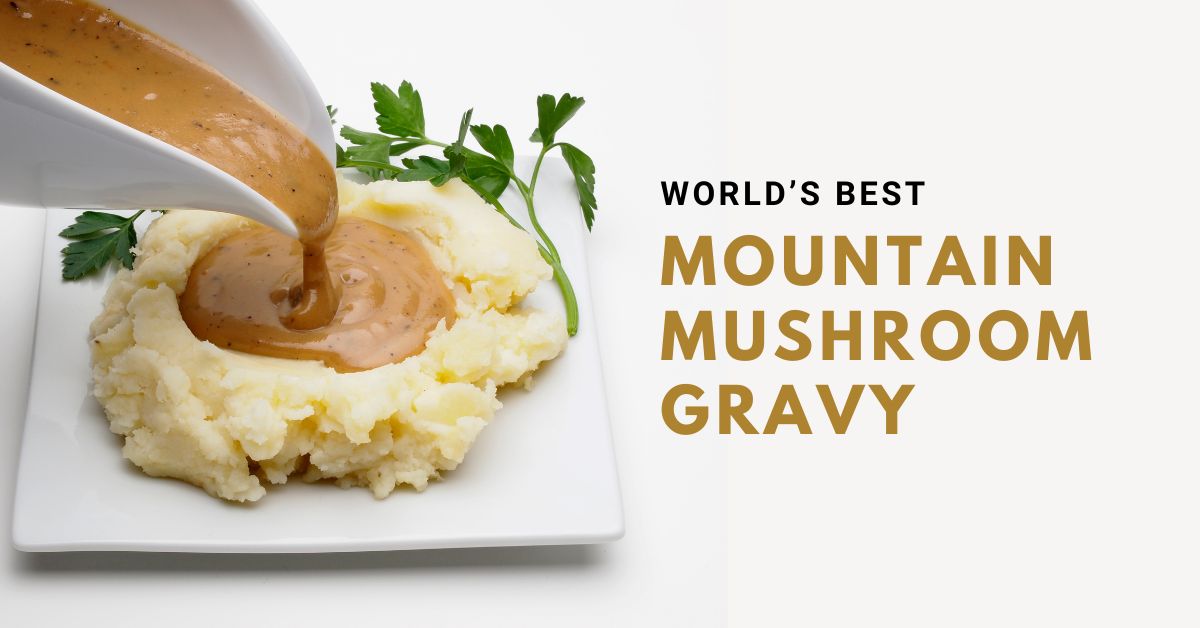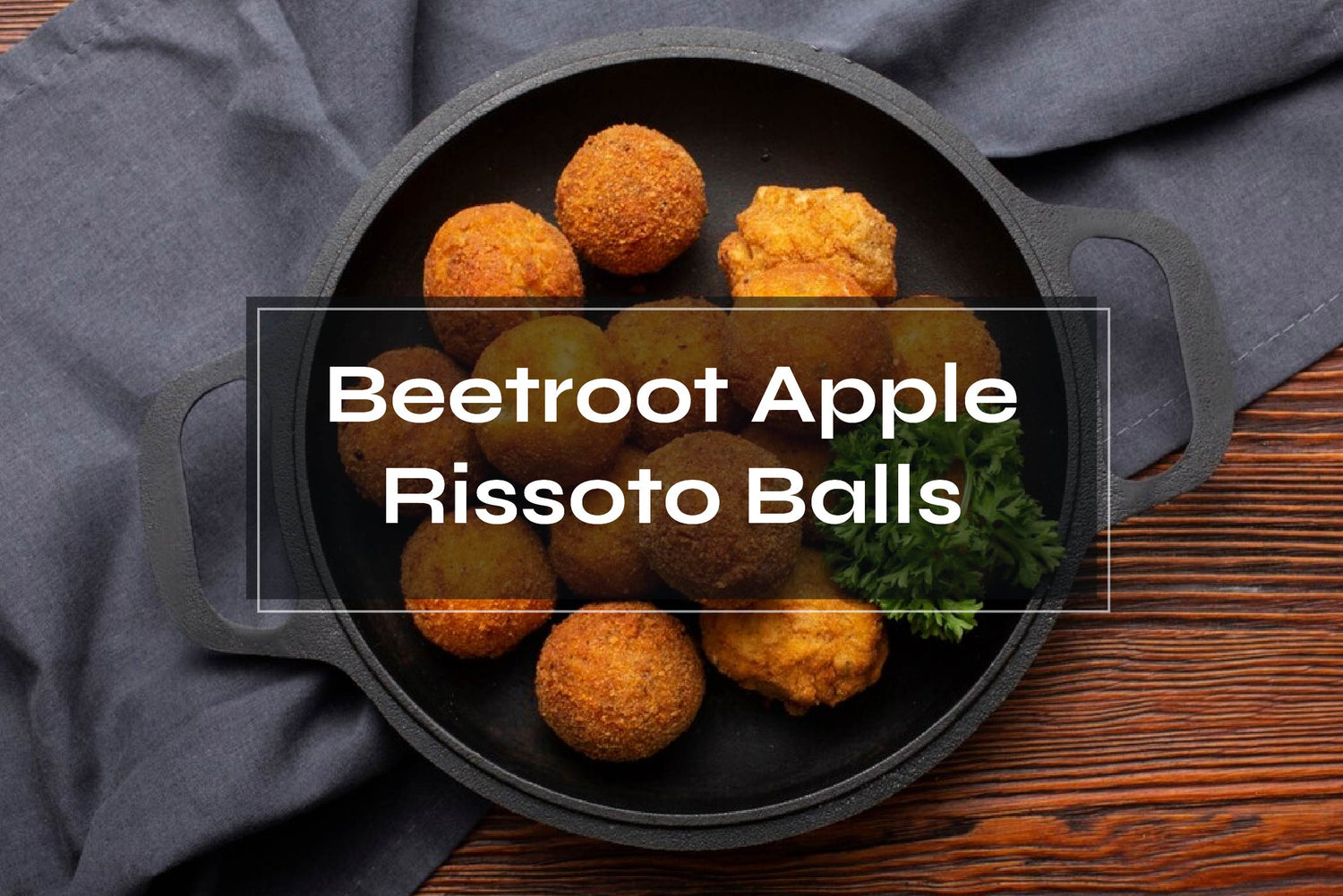
Counting Calories: Not All Calories Are Created Equal
1 commentArticle at a Glance
- A comparison of 100 calories worth of delicious 18 Chestnuts soup versus the same caloric content from traditional fast food.
TABLE OF CONTENTS
As we dive deeper into understanding what our bodies need, it becomes even more clear that the age-old saying "You are what you eat" holds more truth than initially believed. As the head soup-maker at 18 Chestnuts, I'm a firm believer in consuming meals that not only taste amazing, but also serve the nutritional needs of our bodies.
Today, let's ruminate on a phrase that's been making the rounds in the health and nutrition circles lately…"not all calories are created equal". This idea is compelling because it pushes us to think beyond just counting calories, and into the realm of what those calories are composed of and how they serve, or detract from, our body.
To demonstrate this concept, let's consider two scenarios: 100 calories worth of delicious 18 Chestnuts soup versus the same caloric content from traditional fast foods like hamburgers or pizza.
18 Chestnuts - 100 Calories of Goodness
Take our Carrot Ginger Dill or Roasted Cauliflower Soups, for instance. Each jar boasts an array of vitamins, minerals, fiber, and flavor. The carrots and ginger in our Carrot Ginger Dill Soup offer robust amounts of vitamins A, C, and K, while the cauliflower and sweet potato in our Roasted Cauliflower Soup provide a wealth of vitamins C, K, and essential minerals like magnesium.
These nutrients are vital for various functions in the body - from boosting our immunity systems and vision (vitamin A) to enhancing bone health (vitamin K) and assisting with biochemical reactions (magnesium). Plus, the high fiber content from these whole plant foods helps you feel satiated, aiding in weight management.
Fast Food – Just Fast Calories?
Now, let's talk about the same 100 calories obtained from typical fast food restaurants or pizza places. A research study published in The American Journal of Clinical Nutrition found that diets high in processed foods contribute to obesity, mainly due to their low fiber content and high glycemic load.
What does this mean? In short, the calories in these foods come primarily from unhealthy fats, refined carbohydrates, and added sugars, which are quickly absorbed by the body causing a rapid spike in blood sugar levels. The low fiber content means you're also likely to feel hungry sooner, leading to overeating.
Fast foods also lack the essential vitamins and minerals present in whole plant foods. So, while you may be consuming the same number of calories, your body is not getting the nourishment it requires.
Nourishment over Numbers – the formula is simple!
Counting calories can be a useful tool, but it's far from the whole picture when it comes to healthy eating. The quality of the calories you consume matters just as much, if not more. That's why, at 18 Chestnuts, we're committed to creating soups that are as nutrient-dense as they are tasty.
In a nutshell (or should I say, chestnut!), what we eat should serve our bodies in the best way possible. The next time you’re hungry remember, - nourishment always supersedes numbers. Choose wisely, choose healthily, and as we say here at 18 Chestnuts – choose soup-erbly!
Soup for health! Soup for life!





1 comment
Your soups are absolutely delicious and taste healthy. I’ve bought them twice and will continue to do so.
Thank you for a great product.